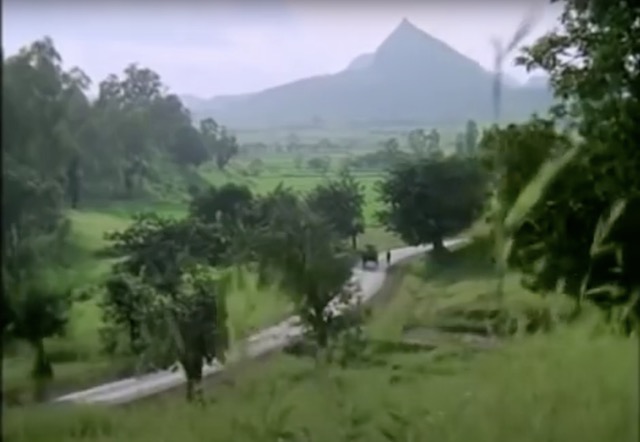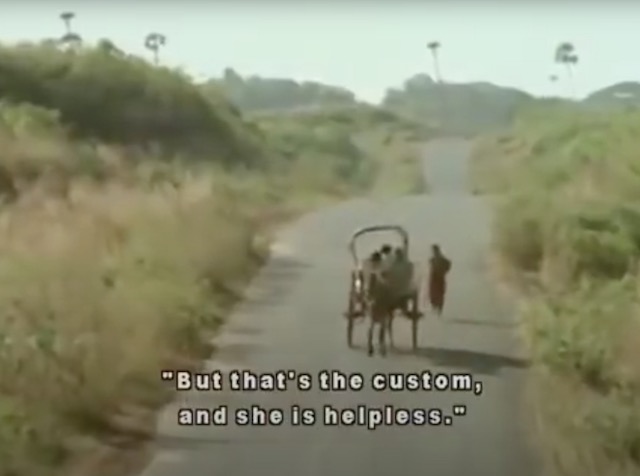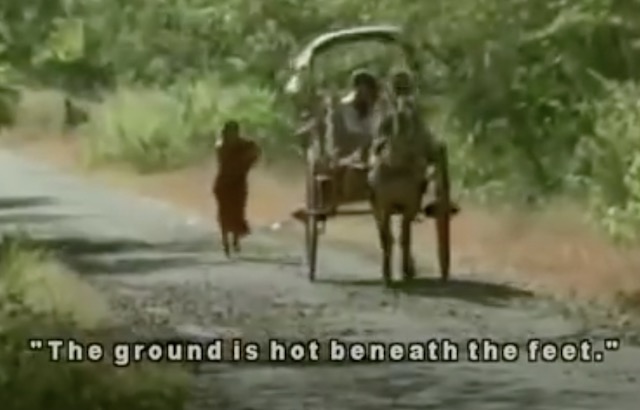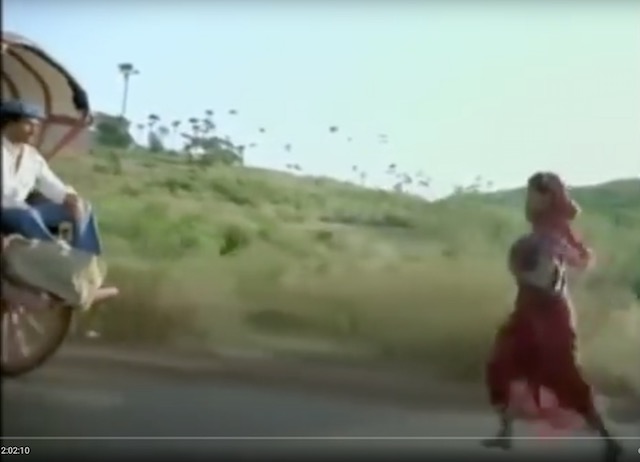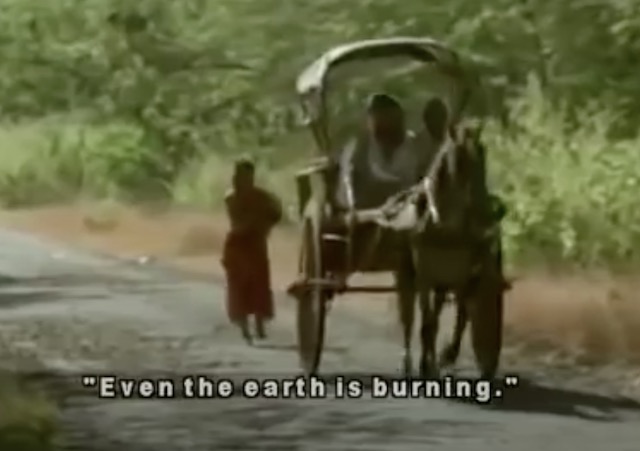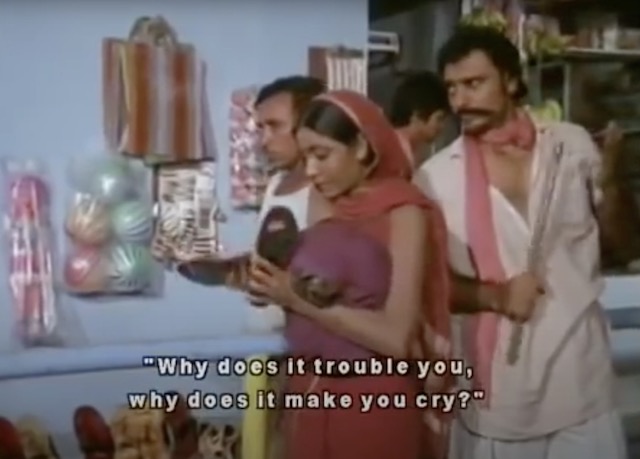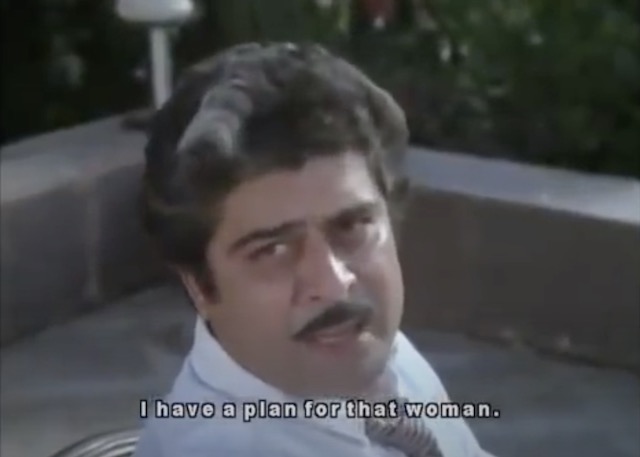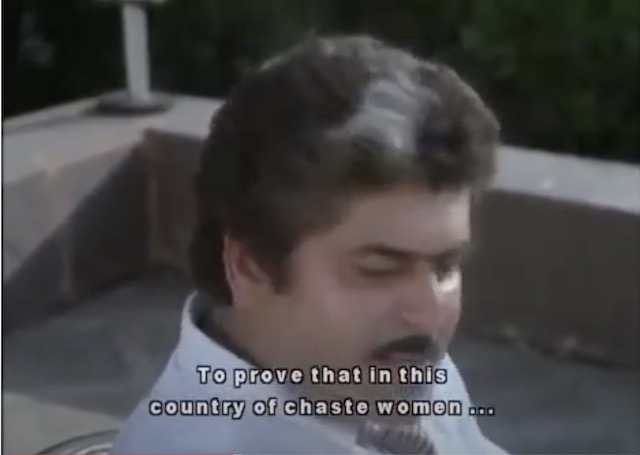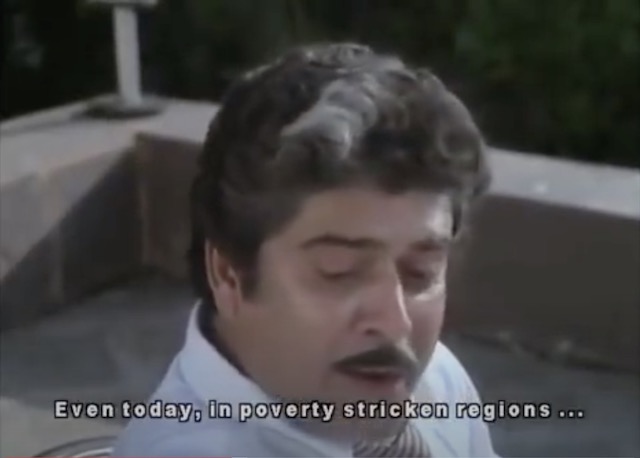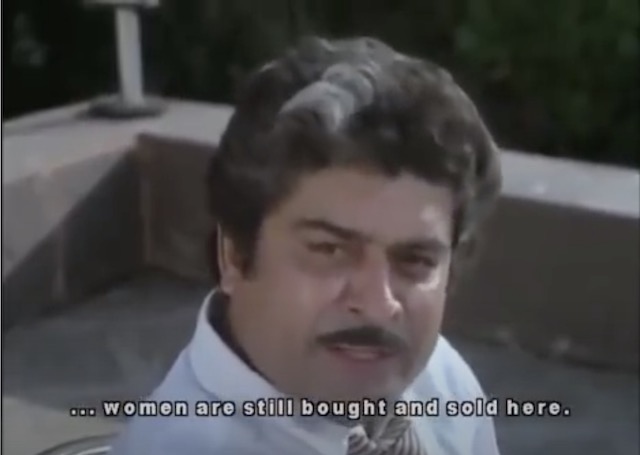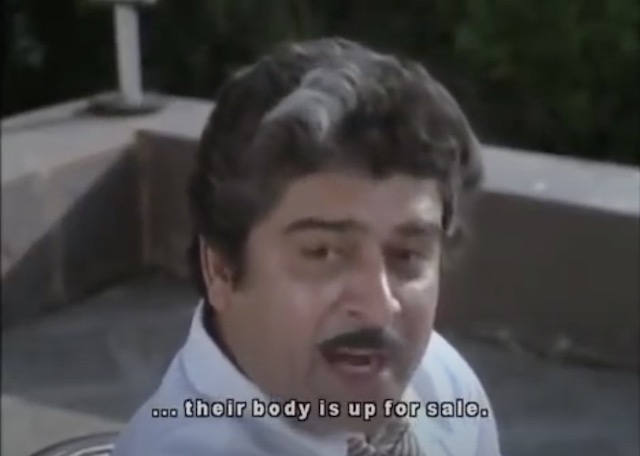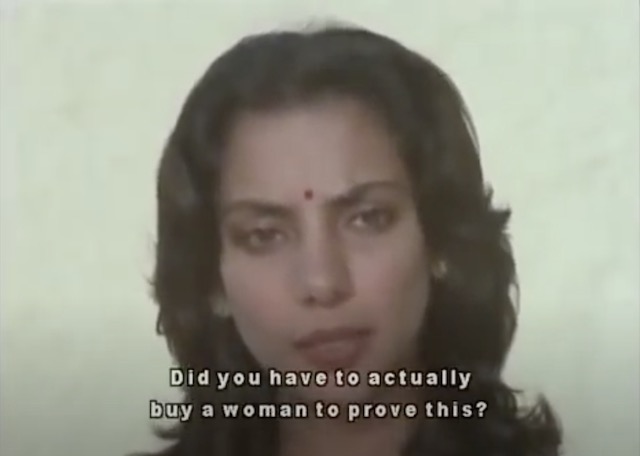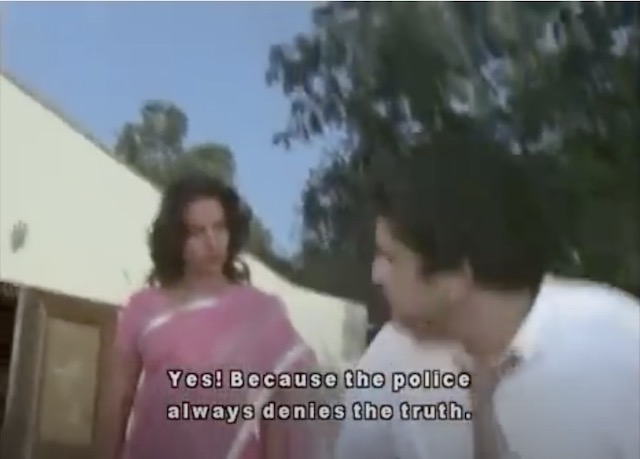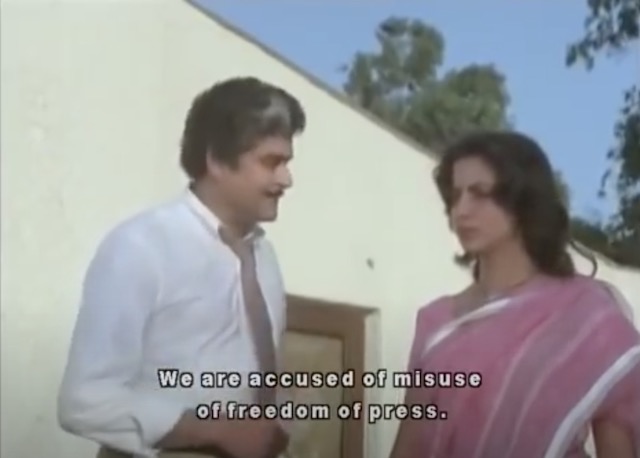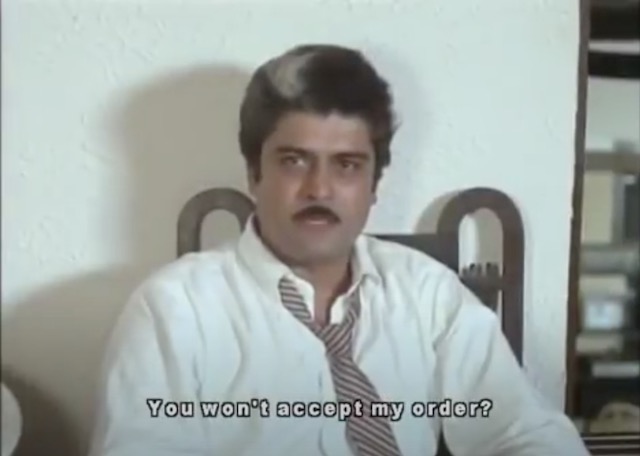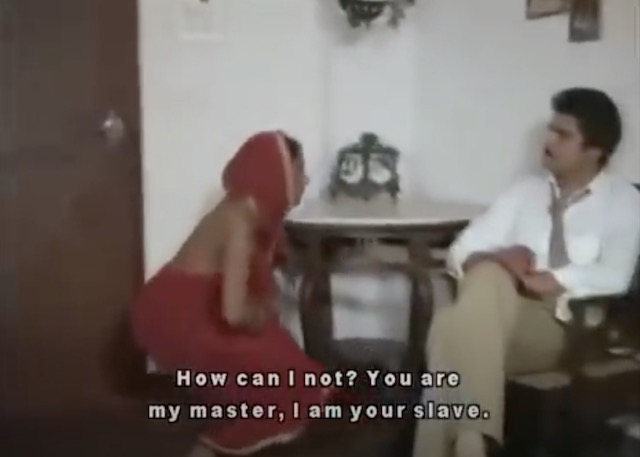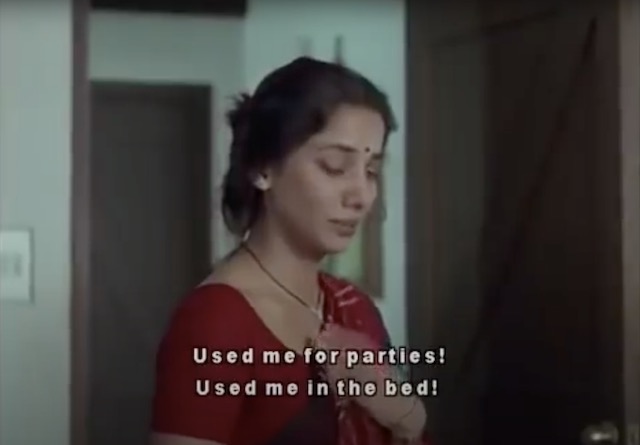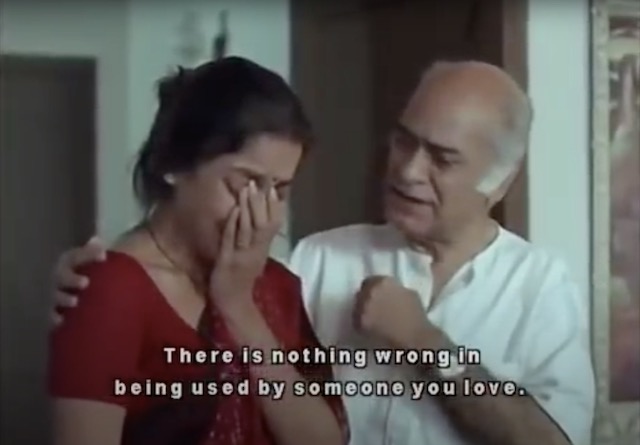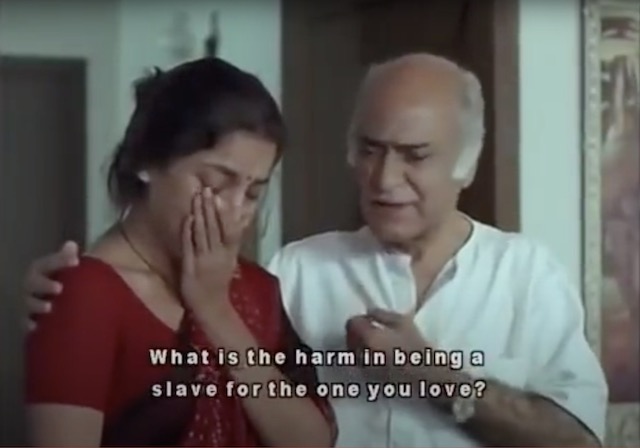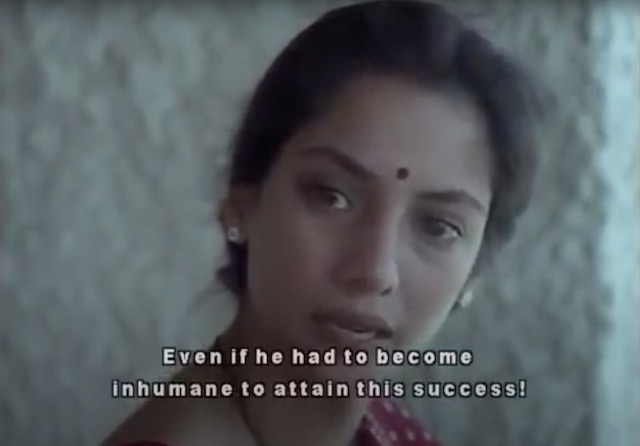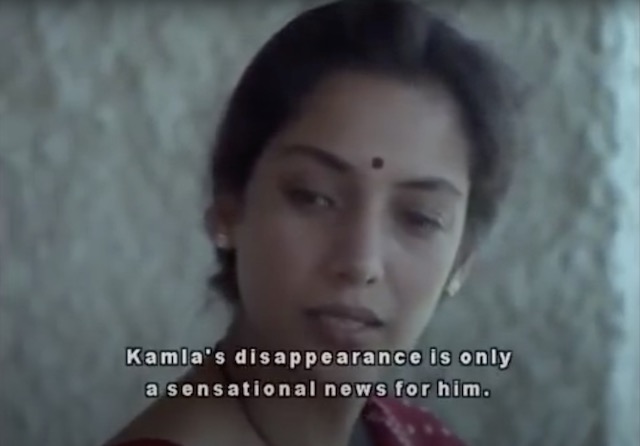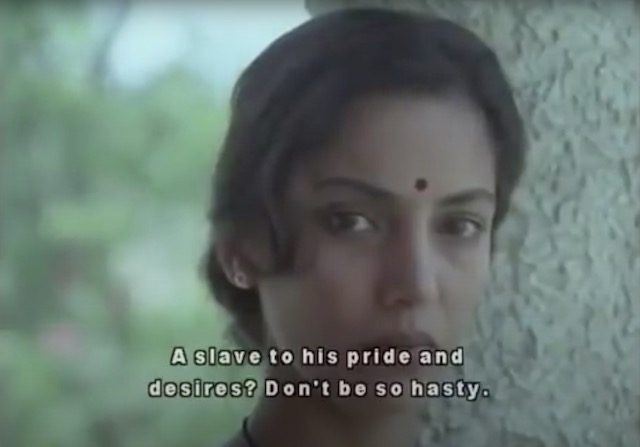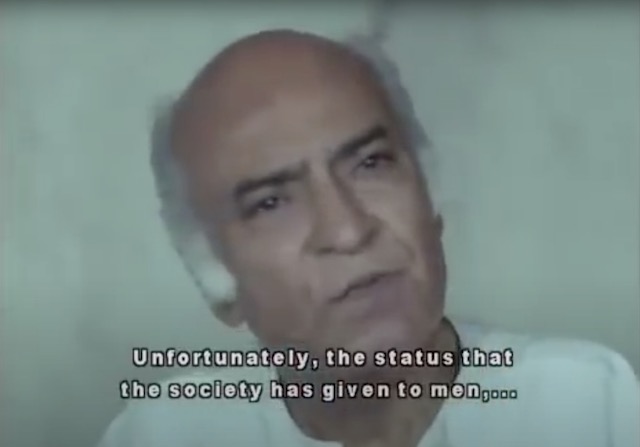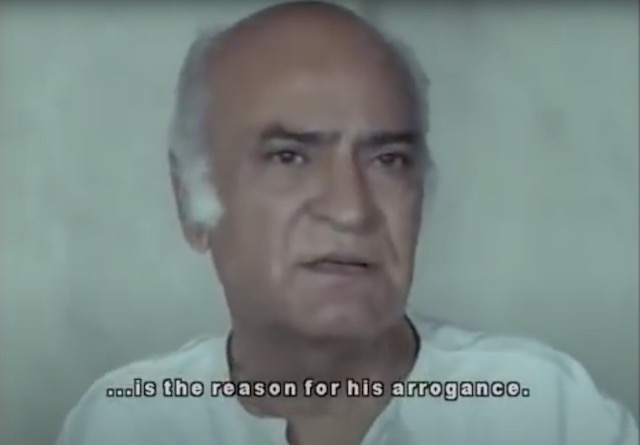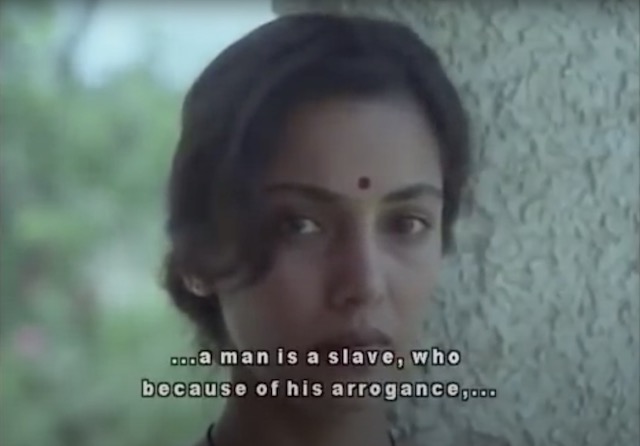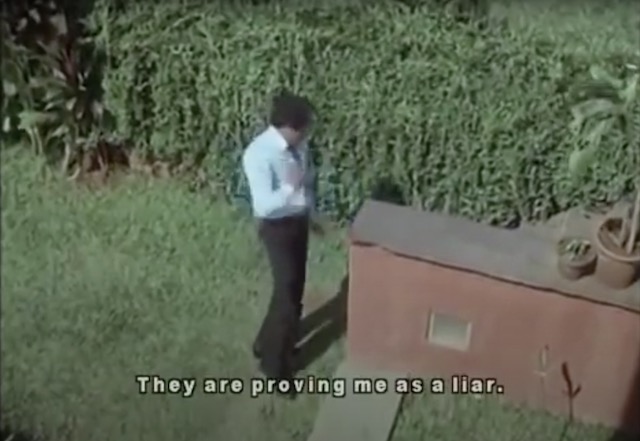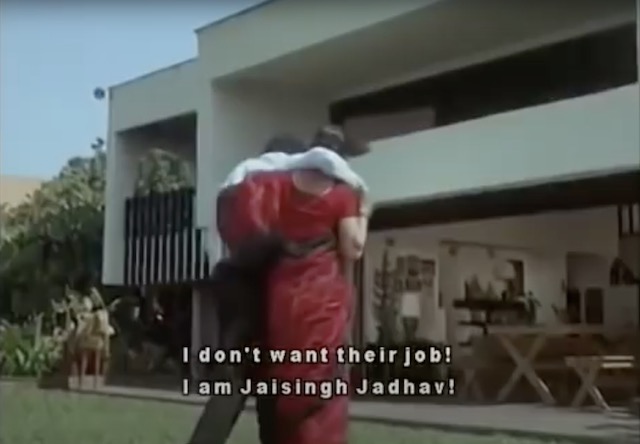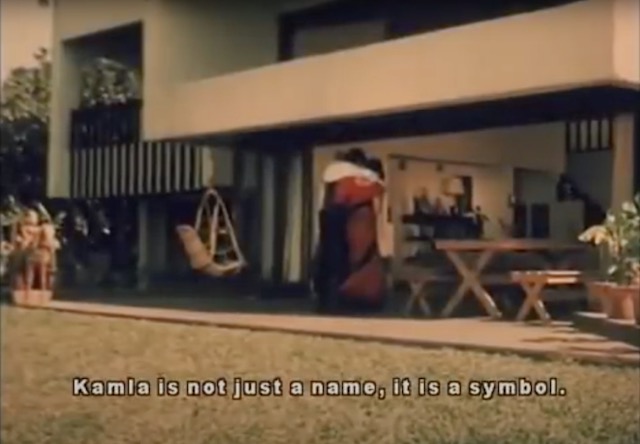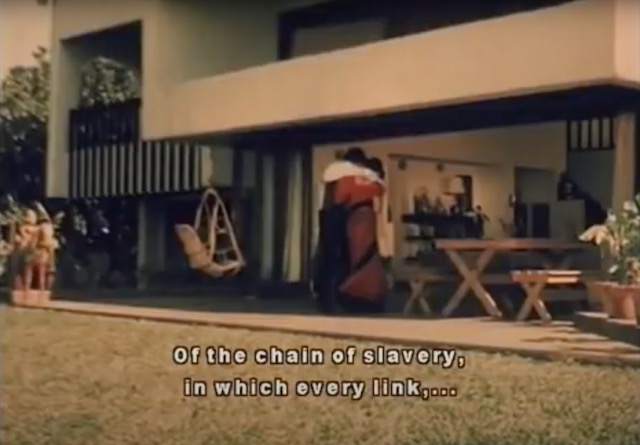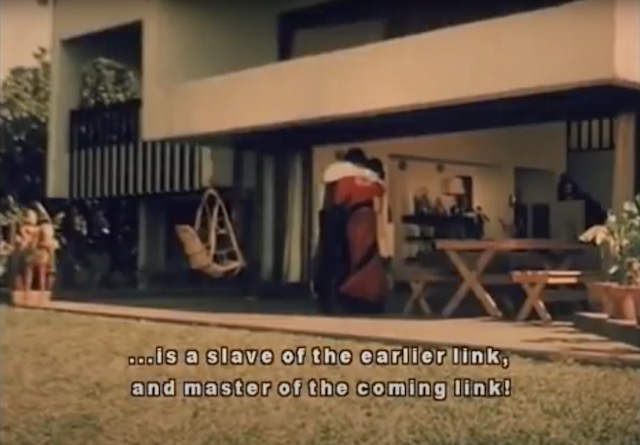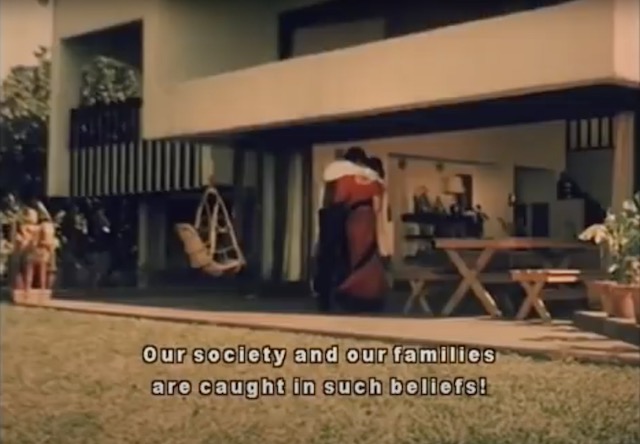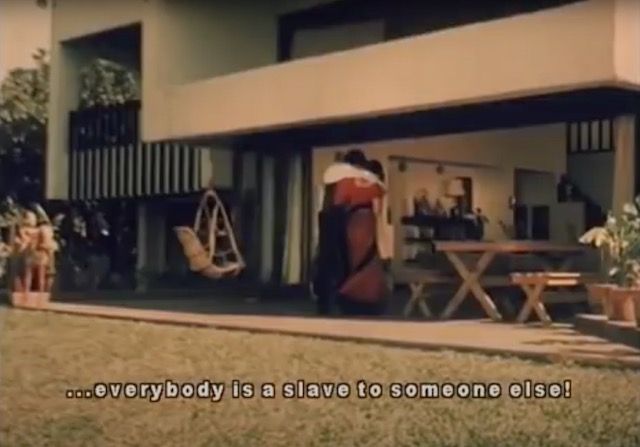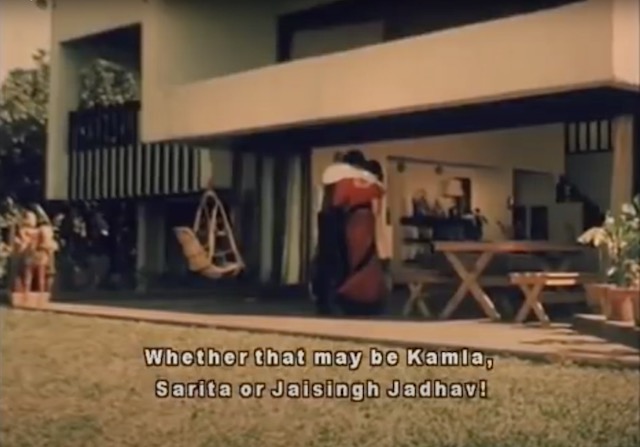“Tribals are subject to oppression and cruelty even after independence and still picked up by the investigating officers to cover up shoddy investigations” – D.Y. Chandrachud (Chief Justice of India since 9 November 2022) quoted in “Members of De-Notified Tribes Picked Up to Cover Up Shoddy Investigations” | Learn more >>
Update 19 March 2024 in The Week (India):
The International Labour Organisation (ILO) said the tally for 2021, the most recent year covered in the painstaking international study, marked an increase of 37 per cent, or USD 64 billion, compared with its last estimate published a decade ago. That’s a result of both more people being exploited and more cash generated from each victim, ILO said.
“USD 236 billion. This is the obscene level of annual profit generated from forced labour in the world today,” the first line of the report’s introduction said. That figure represents earnings “effectively stolen from the pockets of workers” by those who coerce them to work, as well as money taken from remittances of migrants and lost tax revenue for governments.
Source: “Sex trade to slavery A UN agency says criminals reap USD 236B a year in profits from forced labour”
URL: https://www.theweek.in/wire-updates/international/2024/03/19/fgn44-united-nations-ld-forced-labor.html
Date Visited: 20 March 2024
“Kamla” (1984): Hindi movie (duration: 2h), written by Vijay Tendulkar and directed by Dr. Jagmohan Mundhra
with English subtitles – to view the movie here, click here: https://youtu.be/oU2z_0pL2qg >>
Plot and “True Incident Inspiration” on Wikipedia:
The movie is based on Vijay Tendulkar‘s play [written in 1981], which in turn is inspired by a real life expose by the journalist Ashwini Sarin, of The Indian Express. In the expose he actually bought a girl from the rural flesh market, from a village of Dholpur, Rajsthan, for an amount of Rs20000. He presented the woman at a press conference.
With due thanks to Santali poet, scholar and translator Dr. Ivy Hansdak for bringing the online version of this film to our attention while raising questions on issues like class and male perspectives that obstruct women’s advancement and perpetuate caste prejudice in modern society:
It is a good example of sterotyping by the mainstream. The image of the tribal world in it reminds one of Conrad’s Heart of Darkness. Tribal women are sold like slaves to an upper caste Hindu journalist by a lower caste man (he is shown worshipping the monkey god Hanuman who is generally worshipped by the lower castes). Later, the tribal woman’s slavery is equated with the upper caste wife’s ‘slavery’ – but are they the same?
Source: email 4 May 2023 | Interview: “We live in a world of rapid development in the media” >>
See also “Human Trafficking in Tribal India: A Focus on Jharkhand” (National Conference Tribes In Transition-II), Caste is in no sense disappearing in “Caste: History and the Present” & Aranyer Din Ratri (“Days and Nights in the Forest”) >>
[Song lyrics transcribed from the English subtitles 9:25-12:25]
“The world sells humans. What kind of world is this? Buying and selling is done every morning and evening. What kind of world is this? The ground is hot beneath the feet. Even the earth is burning. The breath is tired, the lungs are on fire. What kind of punishment is this? But that’s the custom, and she is helpless. What kind of world is this? What act, what mercy, what sympathy is this? The pain of helplessness brings tears to her eyes. It is but her fate. Why does it trouble you, why does it make you cry? What kind of world is this?”
Source: song lyrics (English subtitles) for the opening sequence, “cheerfully” tuned and orchestrated by Bappi Lahiri as we watch the tribal protagonist being made to run barefoot behind the horse cart carrying her new “owner” all the way to a bus stop from where Jaisingh (her new “owner”) takes her to Delhi:
[Domestic scene in Delhi amidst photos and degrees from foreign universities from 16:20]
Protagonist Jaisingh’s recently married wife (sharing dinner with her uncle, a retired journalist):
“He sure is successful. He is the star journalist of ‘Delhi Reporter.’ That is why we have been given such a big house by the company.”
IMDB synopsis (with additional photographs): “An ambitious journalist buys a girl from a village in rural India to expose the existence of flesh trade and embarrass the political elite.” – For up-to-date information on this theme and related issues, please check Journalism: Ethics | Reporters Without Borders (Reporting in India) | Media portrayal | Search Indian periodicals >>
“The Aryans describe their enemies as dark in complexion […] named Dāsas, Asuras, Panis and Kīkatas. The Aryan invaders finally triumphed over the non-Aryans, many of whom were killed, enslaved or driven further inland. In this land, which the Aryans conquered from their enemies, were founded the early Aryan settlements.” – B.G. Gokhale in Ancient India >>
Learn more about Bondage | Bonded labour | Human trafficking | Slavery | Zamindari >>
“Based on best available estimates, we need to free some 10,000 people per day in order to eradicate modern slavery by 2030. This is a burden of government inaction. Global progress in tackling modern slavery has been hugely disappointing since the Sustainable Development Goals were agreed in 2015. We know that 47 countries globally have not yet recognised human trafficking as a crime in line with international standards. Nearly 100 countries still fail to criminalise forced labour or, if they do, the penalty for this form of exploitation amounts to nothing more than a fine. Less than one third of countries protect women and girls from the terrible harm of forced marriage. This is not a situation that any of us should tolerate.” – https://www.walkfree.org (news 2019)
MODERN SLAVERY IN INDIA >>
Estimated number living in modern slavery: 11,050,000 (8.0 per thousand)
“Modern slavery takes many forms and is known by many names. Essentially, it refers to situations of exploitation that a person cannot refuse or leave because of threats, violence, coercion, or deception. […] Modern slavery is inextricably linked with global challenges such as climate degradation, gender inequality, COVID-19, and conflict. […] The adverse impacts of climate change magnify other drivers of displacement such as loss of livelihoods, poverty, food insecurity, and a lack of access to water and other resources, pushing people to migrate and exposing these vulnerable populations to modern slavery. […] An estimated 5.4 million children worldwide live in orphanages and other institutions.” – https://www.walkfree.org/global-slavery-index/ (Date accessed: 11 April 2024)
WOMEN AND GIRLS
Women and girls are disproportionately affected by modern slavery. As they transition through childhood, adolescence and adult life, the impacts of discrimination multiply and gender inequality grows.
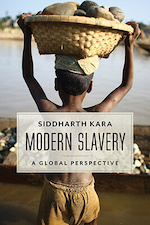
Video lessons on Human trafficking >>
Tip: check the latest figures and reports published by the Walk Free Foundation >>
Walk Free uses cutting-edge prevalence estimation techniques including nationally-representative surveys in partnership with Gallup, risk-model extrapolation and multiple systems estimation to measure modern slavery globally. We also assess government responses to this issue and vulnerability structures that impact populations around the world >>
Hundreds of millions of people today are highly impoverished and disadvantaged by virtue of ethnic or gender identity. These and other forces render them highly vulnerable to false offers by human traffickers. […] In fact, we still do not know to what extent global supply chains are maintained by slavery and child labor. Because of these and other factors, slavery today is more profitable than ever before, and also more woven into the global economy than ever before.
Source: Siddharth Kara interviewed by Katie Gibsoni: Quick, cheap and vulnerable: Siddharth Kara on the persistence of modern slavery, 12 October 2017, Harvard Kennedy School (Faculty and Research)
Date accessed: 6 May 2023
URL: https://www.hks.harvard.edu/research-insights/policy-topics/human-rights/siddharth-kara-persistence-modern-slavery
Siddharth Kara, Director of the Program on Human Trafficking and Modern Slavery at Harvard Kennedy School and author of three books: “Bonded Labor: Tackling the System of Slavery in South Asia”; “Modern Slavery,” and “Sex Trafficking: Inside the Business of Modern Slavery” | Read the full interview titled “Quick, cheap and vulnerable: Siddharth Kara on the persistence of modern slavery” >>
“The transformation of the global slave trade from a high-cost, slow-recruitment business to a low-cost, rapid-recruitment one is driving criminal interest in trafficking and slavery, which is why it is permeating every corner of the global economy. […] For the past quarter of a century, the global economy has brought many benefits to the world through greater flows in goods, capital and people. But the poorest of the poor have increasingly become an exploited labour class toiling in murky factories, mines and fields to feed our insatiable appetites. In this way, we are all shareholders in a system of slavery found in numerous global supply chains. We must ask ourselves how much longer we will look the other way while millions toil in slave-like conditions to provide us with the goods and services we consume.” – Siddharth Kara | Read more and watch a video interview with Siddharth Kara published by The Guardian >>
Human trafficking is a crime. To report in India, call
– Shakti Vahini +91-11-42244224, +91-9582909025 or
– Childline 1098 (national helpline)
“It’s a long road to freedom!” – Stan Swamy (the late sociologist and activist for Adivasi rights), quoted in “I am Not a Silent Spectator: Why Truth has become so bitter, Dissent so intolerable, Justice so out of reach” | Indian Social Institute, Bangalore, 2021 | Accountability >>
In pursuit of “equality for all the citizens”: National Legal Services Authority asked to provide free legal consultations to Scheduled Tribes (ST) – Supreme Court >>
